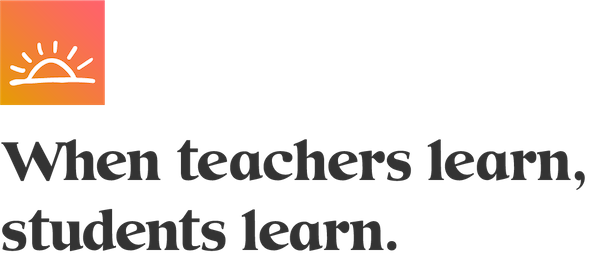Take a moment—stop what you are doing and think about the students in your class. It might be children you just ended the year with, those with whom you are wrapping up your time together, or those you are currently teaching. When you consider your class, which children are the very first to come to mind?
Is it the child who arrived in your classroom with such large deficits that you were afraid she would never catch up under your tutelage? Perhaps the first image that came to mind was of the child whose behavior left you  exhausted at the end of each day and unable to sleep because you were worried about what was happening at home that could cause such behaviors.
exhausted at the end of each day and unable to sleep because you were worried about what was happening at home that could cause such behaviors.
Maybe you thought about the student who came to you with skills so advanced that you were concerned about how you would best meet his needs.
After revisiting the article "Transformation Begins with Reflection: How Was Your Year?" I became acutely aware that this is a reflection process I go through at the end of each year. And every time it seems as though the first students I think of are the same ones who caused the greatest amount of fear, loss of sleep, frustration, and worry. Every reflection inevitably leads me to wondering why those students come to mind first. Recently it struck me: there is a direct link between the children I first think of and those who taught me the most. They are the students who kept me digging into research, reading professionally, participating in online seminars, attending conferences, and joining countless Twitter chats, and whose memory I carry under my ribs for many years.
In reflection, here are a few things I learn from these students:
- How to research, learn and apply different instructional strategies to better help a student who hasn't found success in previous years.
- Extra-creative approaches to help children learn how to successfully manage their behavior in the classroom.
- A clearer understanding of how the skills build upon each other so children significantly above grade level receive instruction tailored to their needs.
- And perhaps above all, the perspective to remember next year that those students who provide the greatest challenges are often those I miss the most.
Think back to the students in your class who came to mind. What lessons did they teach you that will help your practice for years to come?
This article might be missing links that were included at the time of publication.

